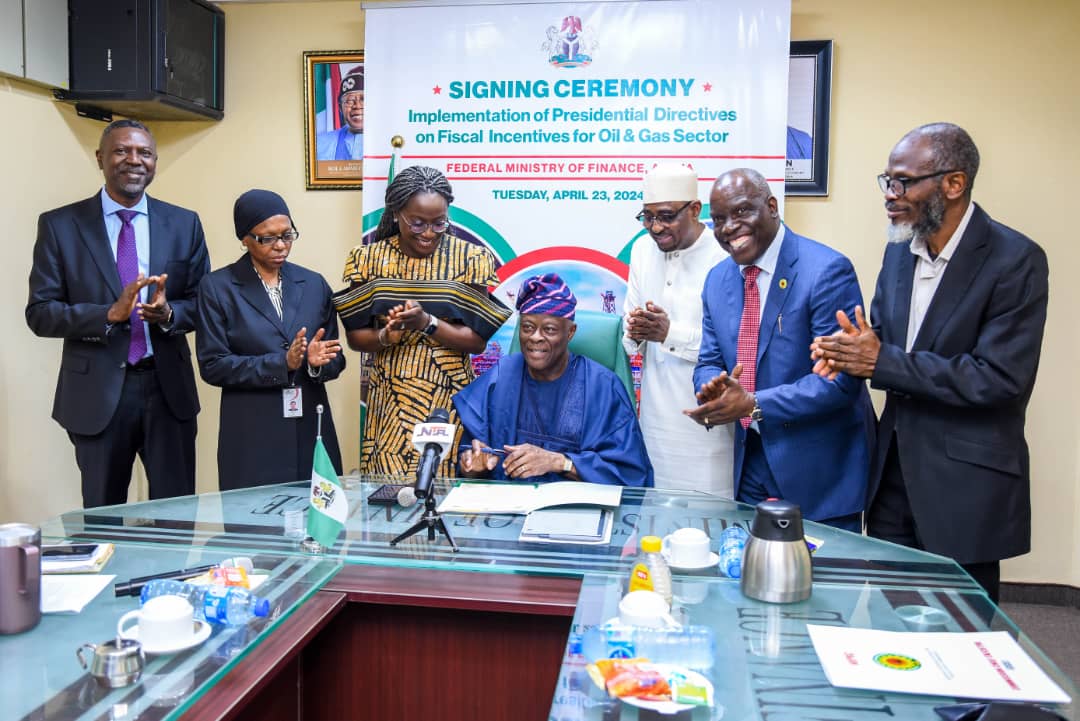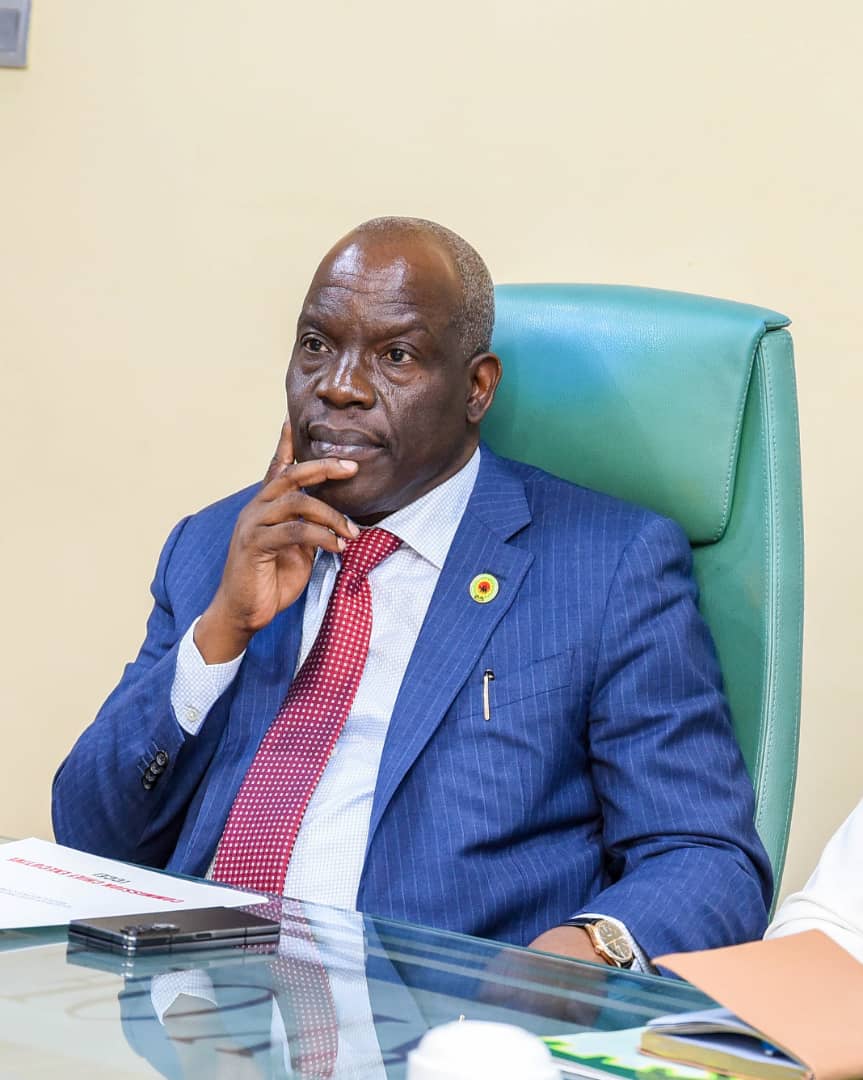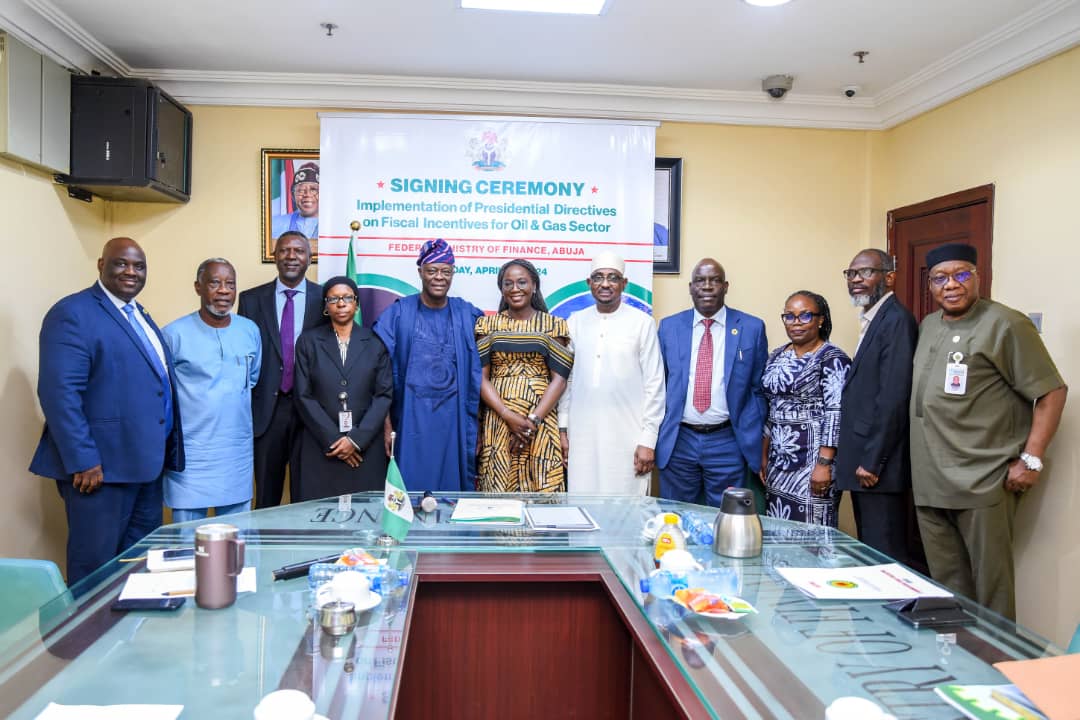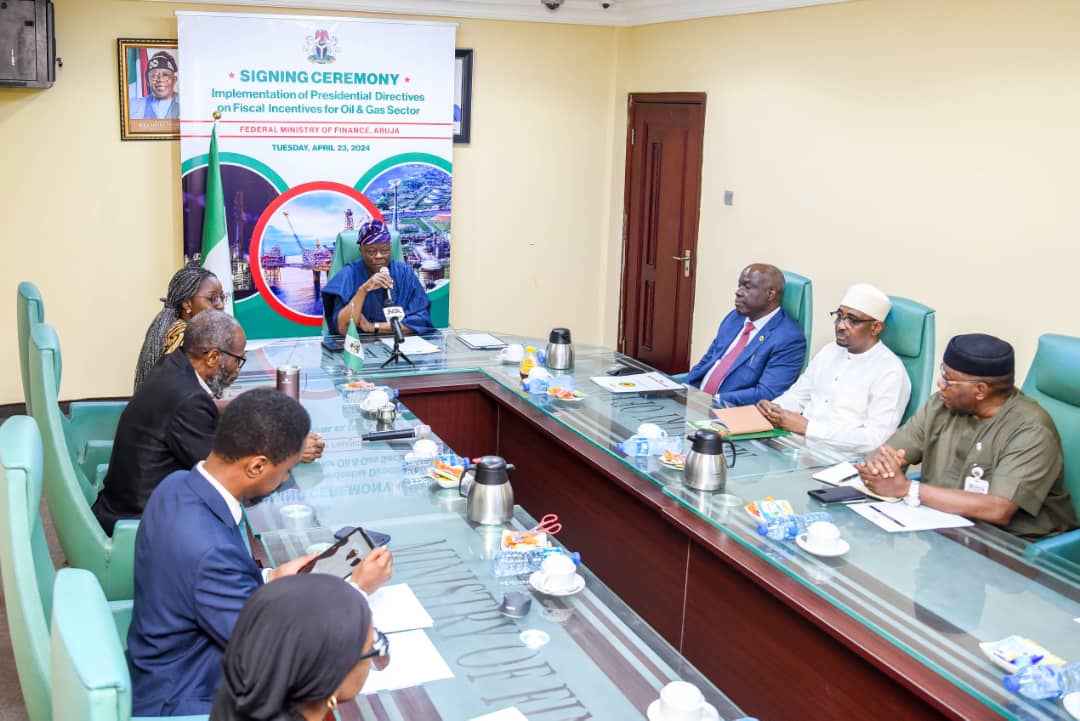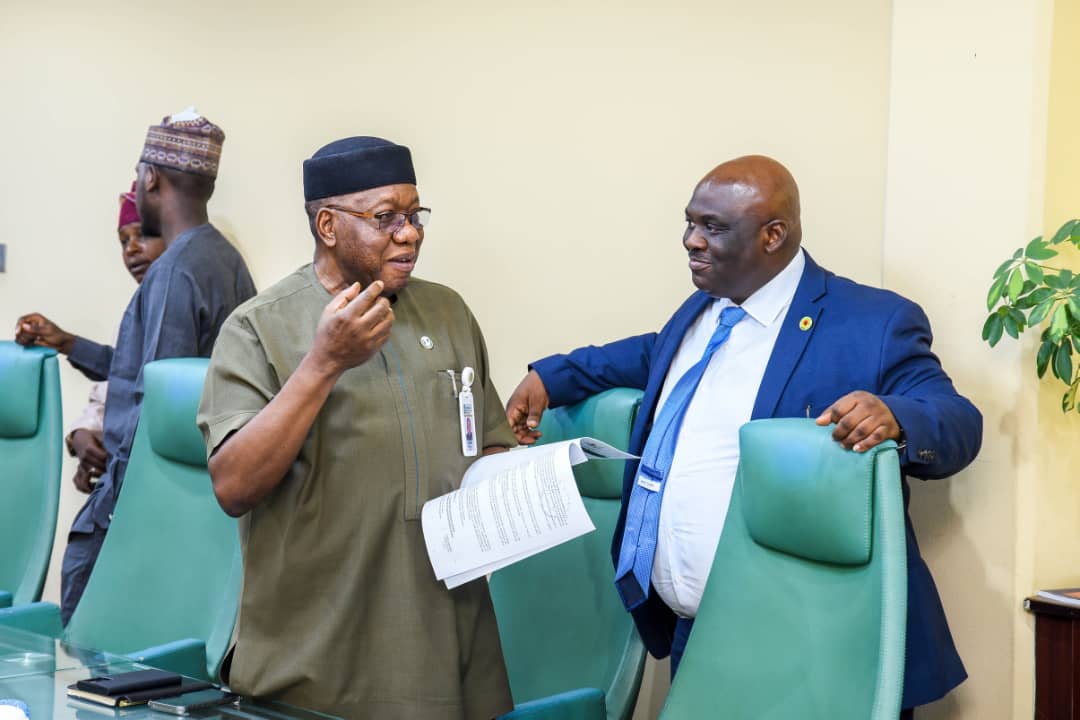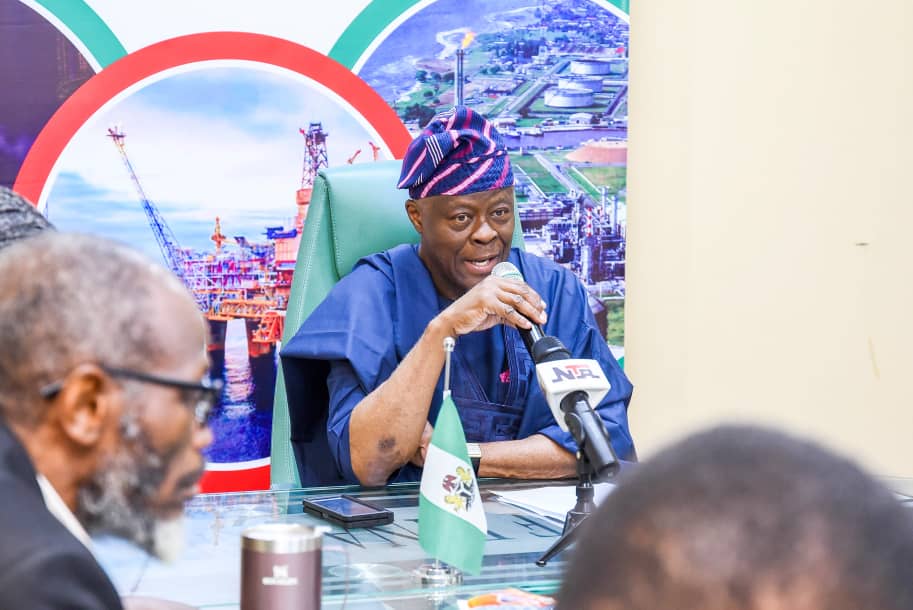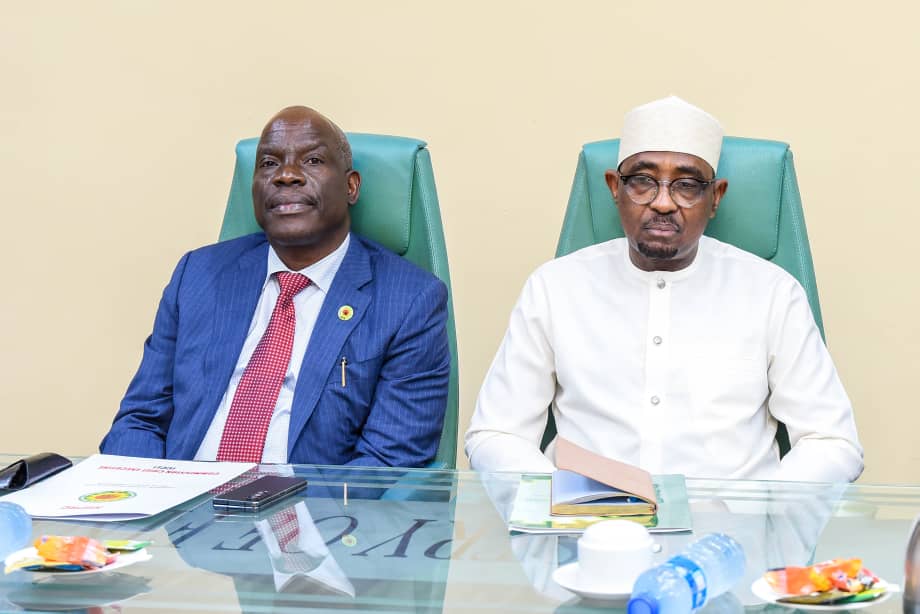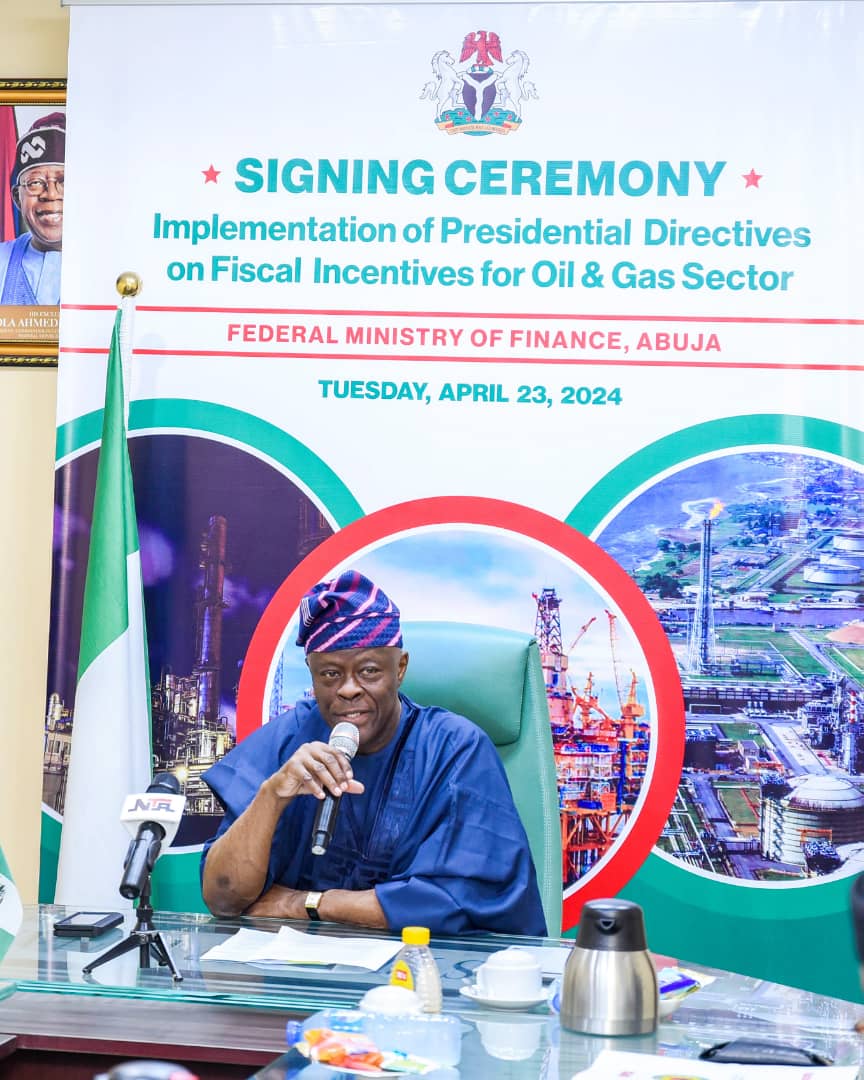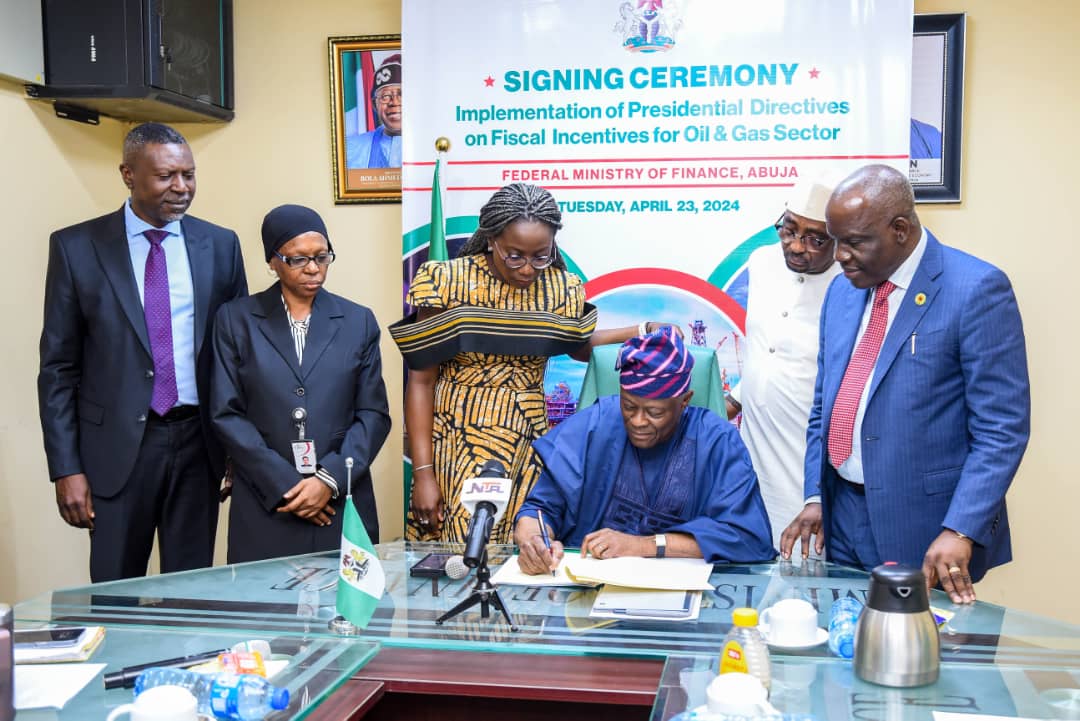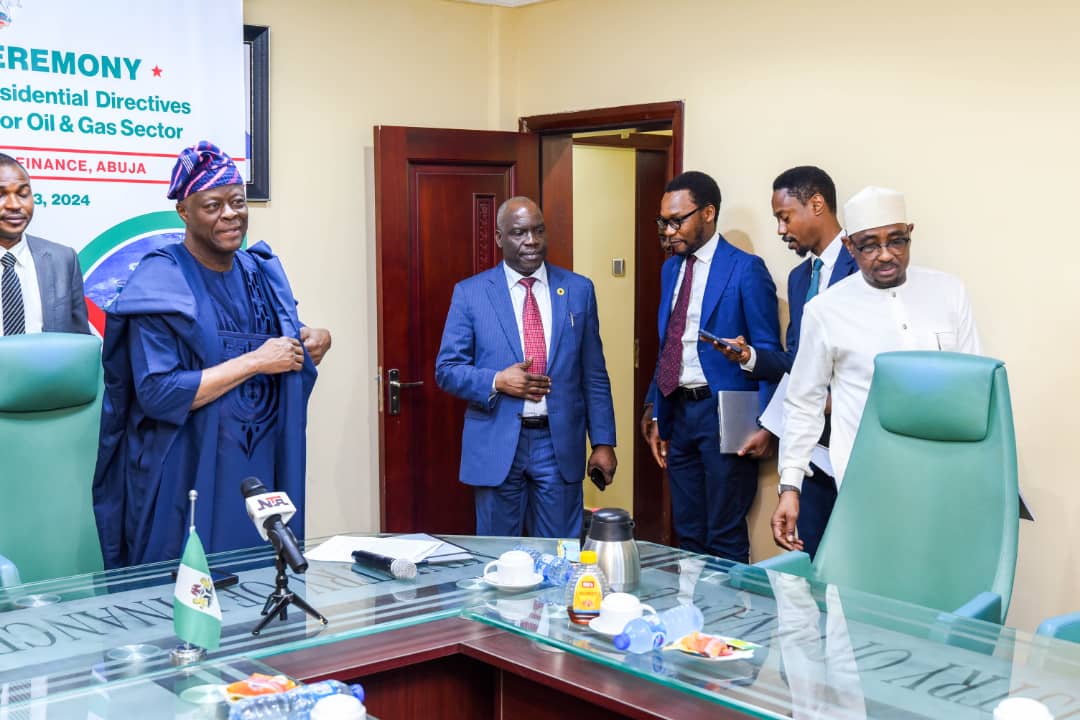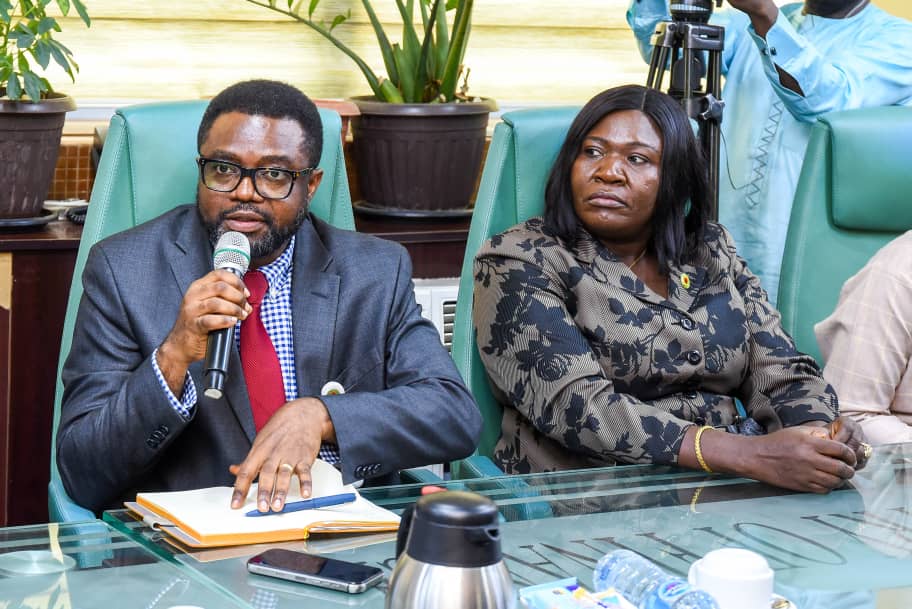As Nigeria charts a course towards energy security and economic prosperity, the Minister of Finance and Coordinating Minister of the Economy, Mr. Wale Edun, solidified the nation’s commitment to its oil and gas sector by signing the Consolidated Fiscal Incentives Guideline IN Abuja on Tuesday, April 23, 2024.
This strategic move underscores the government’s determination to bolster production levels, revenue streams, and investment attractiveness within the sector.
The guidelines, meticulously crafted to align with presidential directives, are meant to revolutionize Nigeria’s oil and gas landscape. With a keen focus on attracting investment and augmenting foreign exchange earnings, the guidelines offer a comprehensive framework designed to stimulate growth while ensuring optimal resource utilization.
At the heart of this initiative is the imperative to enhance gas supply reliability, a critical component in Nigeria’s energy ecosystem. Through tailored incentives, investors will be incentivized based on field distinctions and liquid content, thereby encouraging strategic investment decisions and fostering a conducive operating environment.
Present at the signing ceremony was Engr. Gbenga Komolafe, the Commission Chief Executive of the Nigerian Upstream Petroleum Regulatory Commission (NUPRC). His presence underscores the collaborative effort between regulatory bodies and government agencies to drive sustainable development within the sector.
Also present at the event were Mrs. Olu Verheijen, the Special Adviser to the President on Energy and Engr. Farouk Ahmed, the Authority Chief Executive of the Nigerian Midstream and Downstream Petroleum Regulatory Authority (NMDPRA), alongside other key stakeholders in the oil and gas industry. Their presence signifies their collective commitment to realizing the sector’s full potential and advancing the nation’s economic agenda.

